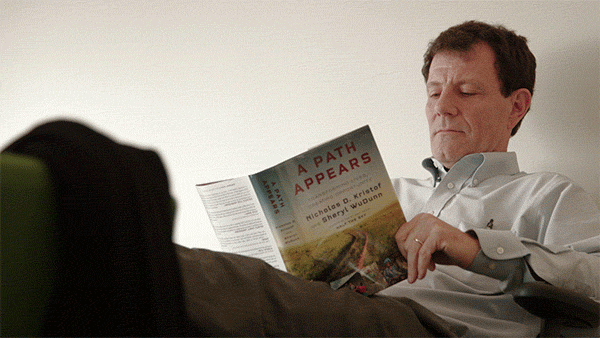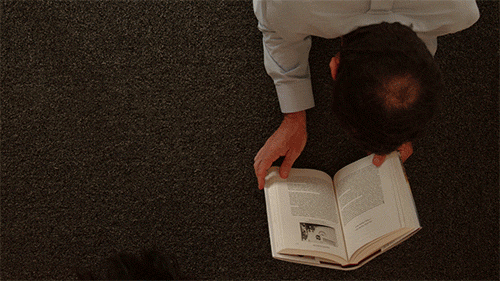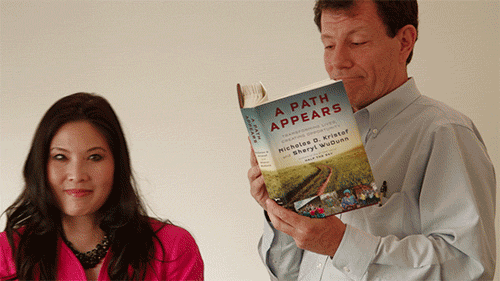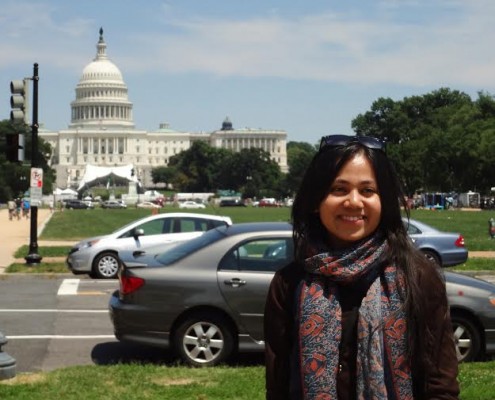Gender-based violence against women and girls is a serious social issue in my country, Burundi. The majority of women and girls here endure rape, domestic violence, sexual abuse, human trafficking and discrimination. Poverty is prevalent but many other social and cultural factors have aggravated the plight of women in Burundian society. Despite the introduction of universal primary schools in Burundi in 2005, a large gender gap in education still persists. While girls may have better access to education today, barriers such as the cost of school materials, gender-based expectations, early pregnancy and marriage cause many to fall behind or drop out of school. Cultural attitudes that claim girls cannot succeed also worsen the situation.
Without an education to help them find work, many women languish in extreme poverty. Many resort to prostitution to make a living, which exposes them to HIV and unplanned pregnancies. The sexual exploitation of young girls has become a very alarming situation. Every year, an estimated 4,500 girls, most of them under the age of 14, are forced to leave school due to pregnancy or marriage. Even though there are many laws in Burundi to protect women and girls from sexual abuse or domestic violence, many are not aware of the legal process. As a result, many victims accept crimes they have had to endure as fate.
This alarming social problem pushed me to look for opportunities and to devote my time to finding solutions for women, girls and children. But alone I could do nothing. In college, I joined Half the Sky Movement as a Campus Ambassador and Girl Rising as a Regional Ambassador in Burundi. Both of these American organizations fight for women and girls empowerment around the world. They give their ambassadors skills, resources and ideas to efficiently advocate for women, girls and children.
In April 2014, I was appointed Global Youth Ambassador for A World At School to help call attention to the 58 million children around the world who are still denied their human right to an education. I am joined in this call for action by 500 other youth who are passionate about education. Together we make up the Global Youth Ambassador Group, which was launched on April 1st by UN Secretary-General Ban Ki-moon and UN Special Envoy to Education Gordon Brown.
Currently, I run a small non-profit organization called Youth Coalition Against Gender-Based Violence-Semerera that I founded in July 2013. Our main focus is to promote laws in favor of women, promote girls’ education and empower women. It was thanks to the Half the Sky Movement Grant Program that our organization was founded and legally registered. The small grants we received through this program allowed us to implement successful small projects for women and girls.
This led to the recognition of our work as women and girls’ rights activists, such as the Mandela Washington Fellowship for Young African Leaders we received in 2014. We were among 500 of 50,000 applicants selected to participate in this fellowship which is part of President Obama’s new flagship initiative to provide promising young African leaders with new skills in Civic Leadership, Public Management and Business Entrepreneurship from top American Institutions.
During the Mandela Washington Fellowship, it was also a great joy and honor for me when Michelle Obama used me as an example in her speech of how men can participate to improve the status of women and girls. I was also selected to be one of the 40 young men and women who will work hand in hand with the First Lady’s Office to help remove barriers to girls’ education in Africa. This gave me confidence that our work is valued.
I believe that women are important agents of change in national and international development. And men are key players in including them. This is a call for action to all men around the world: No matter who you are and where you are from, you can contribute to build an inclusive society for women and girls. No longer does ethnicity, regional, political, religious, gender or other factors have to impede the full and harmonious development of women and girls.
About the blogger:
Fikiri Nzoyisenga from Bujumbura, Burundi, has been a Campus Ambassador since 2012. He is the founder of the Youth Coalition Against Gender-Based Violence-Semerera, and currently the Director of Innovation and Production at Imagine Burundi, an organization that works to promote education, empowerment, innovation and entrepreneurship within impoverished families for them to become economically independent and avoid gender-based violence.




